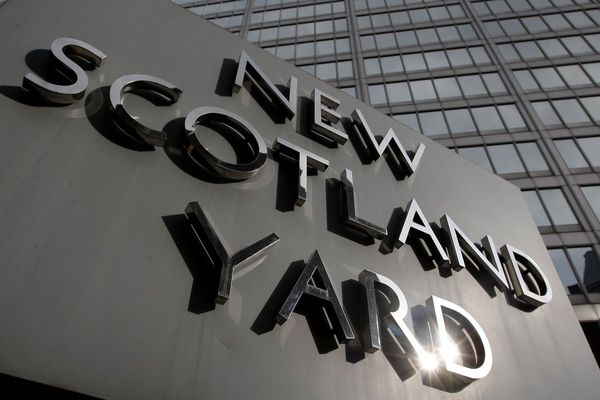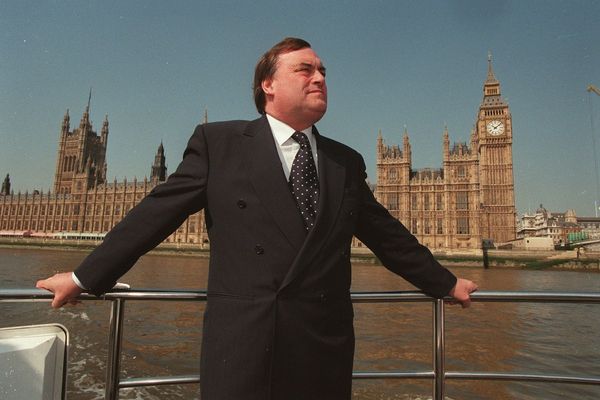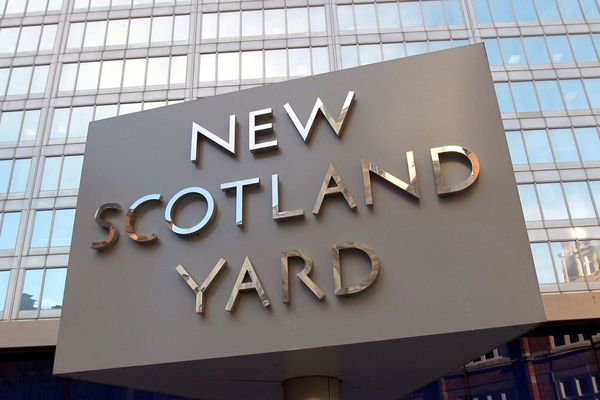
For all the scandals and turmoil plaguing the Seven Network, at least its shareholders have something to celebrate. This week, the company’s stock surged over 10% — from 18 cents to 20 cents. Seven is junk stock, but at least its market capitalisation managed to get back above $300 million — just.
Its shareholders haven’t seen a dividend since 2017, when Malcolm Turnbull was prime minister. In February, the company — including the right-wing fossil fuel rag The West Australian in Perth — reported a half-year net profit after tax of just $54 million, down around 50% on the previous year. In those heady days, the share price was 25 cents. As Stephen Mayne pointed out yesterday, Kerry Stokes’ holding company for Seven and The West is worth more than fifty times the value of Seven West Media.
Seven is failing on one of the two core reasons a free-to-air television network exists: to generate returns for its shareholders. A luckless investor foolish enough to buy into Seven a decade ago would have received four years’ worth of steadily diminishing dividends before they ceased entirely, while the stock has shrunk from just below $2 to 20 cents.
The other reason for a free-to-air television network is to wield influence, both in its own interests and in the interests of its dominant shareholder. It’s true that the free to airs collectively still wield influence in Canberra in their own interests — that’s why the push to end gambling advertising has been stymied despite the Coalition and crossbenches supporting a ban, with Labor, in one of the saddest indictments of media policy seen in years, hiring a consultant to help it on the issue.
But Seven’s influence by itself either in its own regulatory interests or more broadly is much more questionable — and all the more so because it’s now taken for granted that it is just another part of the right-wing outrage-based media, along with News Corp and the Daily Mail — though at least Seven is Australian-owned, and pays tax here.
As Crikey has noted before, Stokes has given a clear signal he thinks Seven now lacks influence, with his launch of The Nightly, a risible right-wing “news” site, in an attempt to peddle a pro-fossil fuel and mining industry agenda in the eastern states.
Further undermining any remaining wider influence Seven has is its status as the network of war criminals, cowboy journalism and rapists. Seven is now a toxic brand; politicians being seen to pander to it risk being soiled with the same deep layer of shit that now covers the Seven logo courtesy of Ben Roberts-Smith, Anthony Koletti, Bruce Lehrmann and the discredited Spotlight program. That the network looks set to remain embroiled in the nuclear chain reaction of litigation from Lehrmann’s rape of Brittany Higgins and Seven’s efforts to destroy Higgins won’t do anything to restore the interest of policymakers in complying with its demands.
If it can’t provide value to shareholders and can’t wield power, what’s Seven good for? The other purpose of Seven — at least according to Seven itself — is news and entertainment. Remember that the free-to-air networks only produce journalism as a by-product of their primary media business. But at least at Nine, it continues to regularly produce quality journalism via its Fairfax papers, while Seven has found itself undone by Ten’s committed defence of its journalism in the Higgins case. When was the last time Seven produced serious public interest journalism, rather than a news bulletin composed of dashcam footage and car prangs?
Not only has the network become a vehicle and funder for war criminals and rapists, and have a long history of platforming neo-Nazis and racists, you literally can’t believe what Seven reports about breaking news: it not only named an innocent young man as the Bondi Junction killer — then blamed a junior staffer, ridiculously — it wrongly identified an Indigenous man in the Cleo Smith abduction case in 2021. Both were cases not of accident or mischance, but rotten internal journalistic processes combined with a near-idiotic belief in the accuracy of social media. When it comes to breaking news, everything from Seven must now be treated as provisional until confirmed by a real journalism outlet.
There is now literally no point to the Seven Network — except as an example of how rotten mainstream media in Australia can become.







